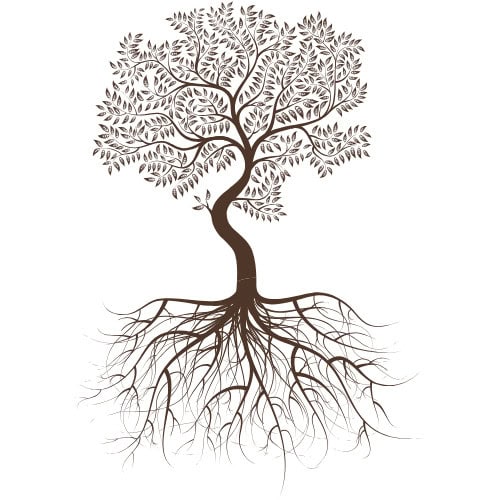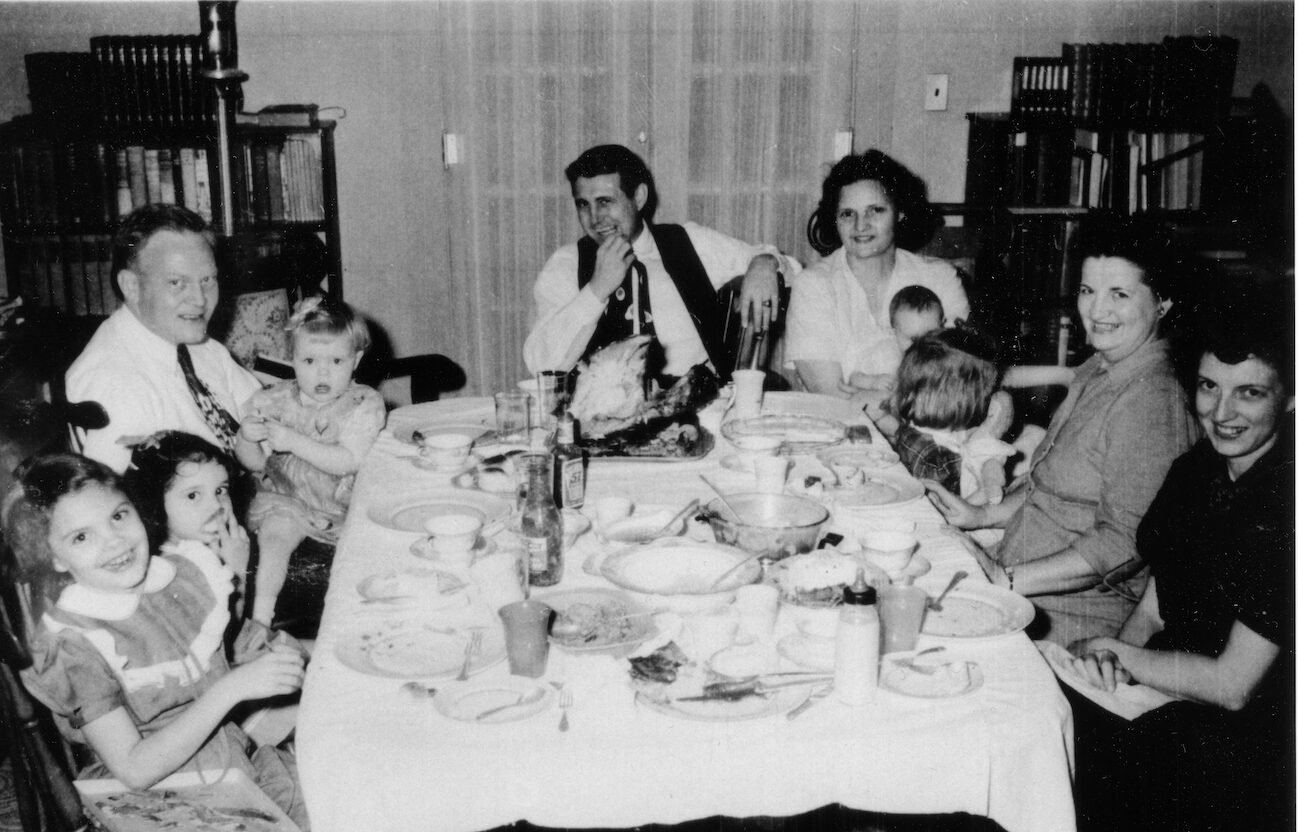As a nurse in a small-town hospital, my work is deeply tied to rural healthcare. It’s hard to pinpoint a single group or community that Medicaid doesn’t impact because the reality is it affects everyone.
By Cassie Ann Jones
These views are mine alone. I am not an official spokesperson of Baxter Health or the American Nurses Association, and my views may not reflect either organizations’ views or policy stances. However, nurses are called to advocacy. Please see the American Nurses Association statement Protecting Healthcare for Americans.
The Reach of Medicaid in Rural Communities
Baxter Health, where I work, serves 12 counties. We serve everyone–from newborns and first-time moms to our seniors. About 85% of our patients are covered by government funding. About 65% is Medicare, and the other 20% Medicaid and other programs. Unlike for-profit hospitals, we depend heavily on government reimbursement to keep our doors open. We don’t have shareholders to help alleviate the heavy costs of running a hospital.
Some of the specialties that see the starkest realities of rural healthcare are home health and emergency medical services. I hear the stories from the ambulances—trucks driving deep into the mountains and teams clearing roads while still responding to emergency calls after last summer’s tornado. Home health workers face similar challenges, traveling to homes for essential care.
These teams understand our community in a way few others ever do.
Cutting Medicaid without a backup plan will have life-threatening consequences, not just for individuals but for the entire healthcare system.
Organizations like Mountain Home Christian Clinic play a vital role, offering free medical care and supplies to community members. While they don’t rely on Medicaid reimbursement, their work highlights the increasing demand for healthcare services among the most disadvantaged in our community. Not every Arkansan has access to a community health clinic. Even if they did, these small clinics cannot possibly absorb the overwhelming need that would arise if Medicaid funding were slashed. Countless patients would be left without access to essential care.
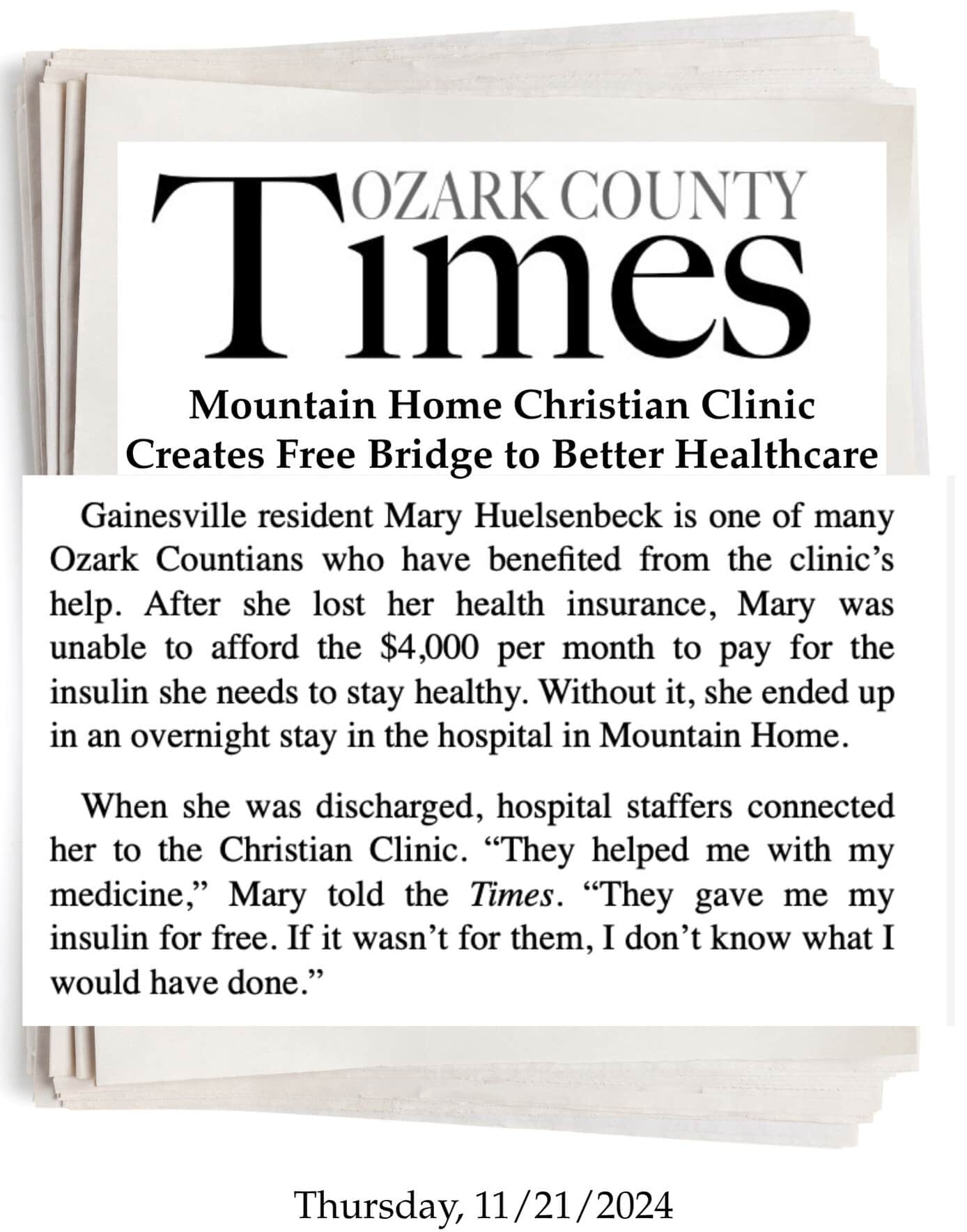
The Harsh Reality of Medicaid Cuts
I dread to think of what will happen if Medicaid funding is cut. Many argue that our nation’s current funding model isn’t sustainable long-term, so these cuts are necessary. While I understand that view, I disagree. I believe we can create a sustainable future, one in which we don’t leave behind our most vulnerable neighbors. Without Medicaid, I question whether many of the patients I cared for would be alive today—would they have sought care without medical coverage? Or would they have skipped a scan that led to a life-saving diagnosis or ER referral?
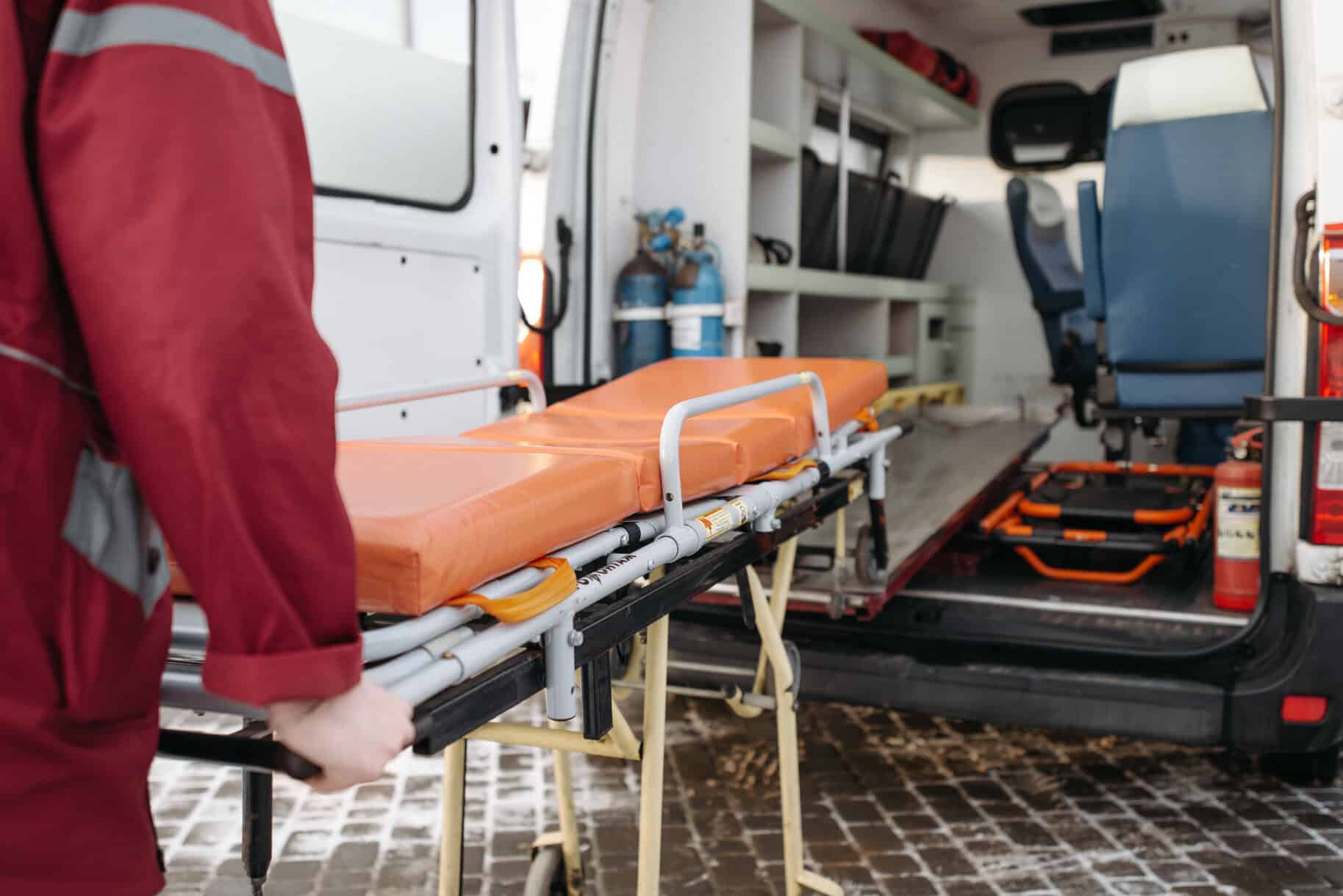
Cutting Medicaid without a backup plan
will have life-threatening consequences,
not just for individuals but for the
entire healthcare system. Rural providers
depend on Medicare and Medicaid
reimbursements to keep their practices running.
If those payments are cut, providers may
stop practicing here, and those who stay
could be forced to limit staff, operating hours,
and cut costs to try to recoup the losses.
Already, many providers say reimbursement is insufficient. While we of course take patients without coverage, whether it be through Emergency Medical Treatment and Labor Act laws or our charity funds, that’s not sustainable for every patient—not when we are admitting over 10,000 patients every year! We do absolutely everything in our power to meet our community’s needs, but further cuts will make access to care even harder for those who need it most.
The Bottom Line
When people talk about cutting Medicaid, they often focus on costs. We focus on policy, on debating, on budget reconciliation–but we don’t focus on our loved ones. What’s missing from the conversation is the human impact. I’ve had neighbors whose medicines were delivered on horseback after tornados destroyed their roads. Rural communities depend on these programs for survival, and pulling funding without a solid alternative is dangerous.
I love my hospital. I love my work, my community, I love what we do and how we are able to serve people. I don’t want to watch that crumble. If there’s a message I would give to Arkansas, it’s that your voice really does count. You’re speaking out for yourself and your neighbors. Our legislators need to hear from us, rural folks who are working hard to make a living and care for each other.
They need to know what could happen to us.

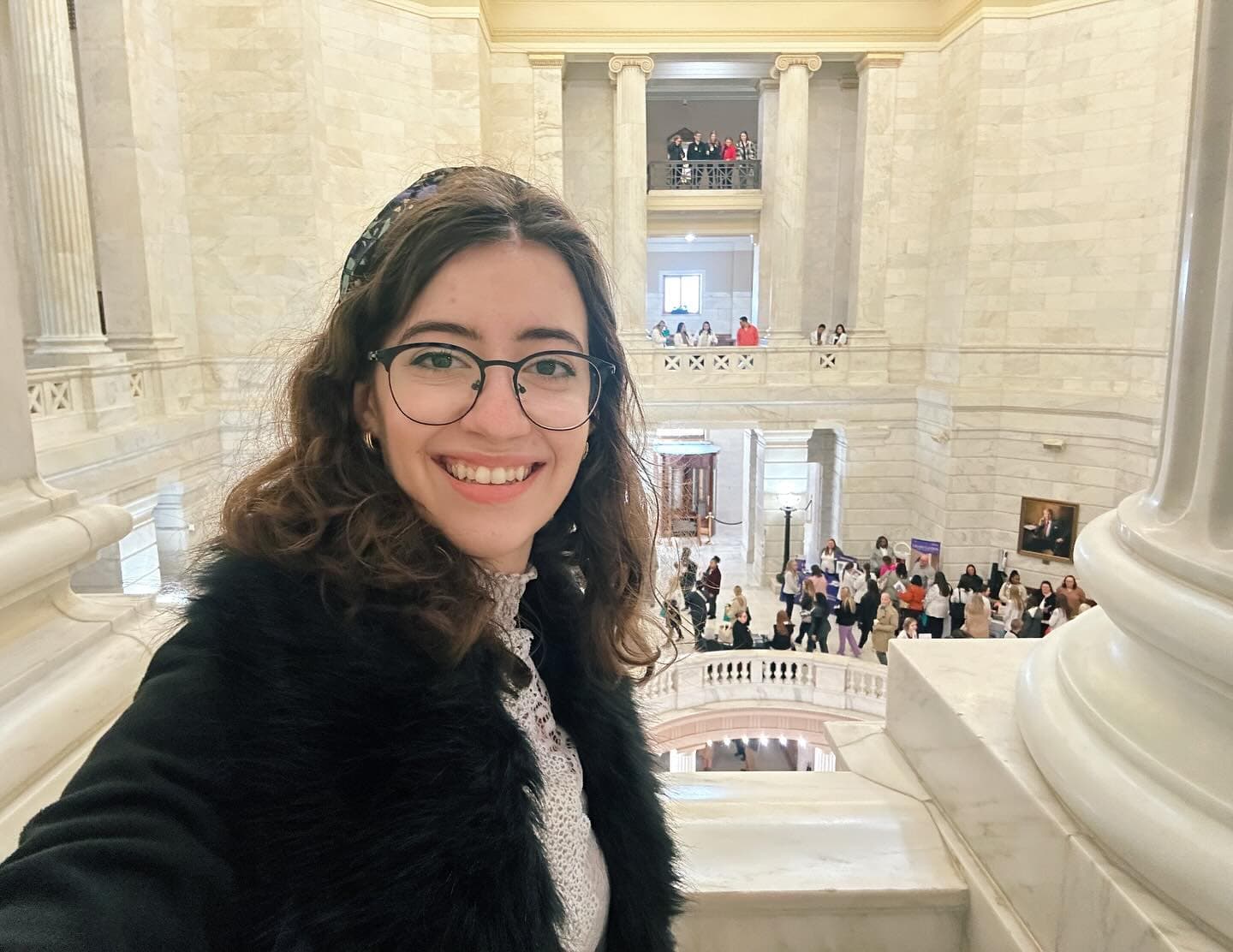
Cassie Ann Jones is an early-career RN working in direct patient care at Baxter Health. She is working to achieve her DNP in psychiatric nursing. Cassie has taken multiple active roles in community service and advocacy, including the American Nurses Association. Cassie’s self-employed parents relied on the ARKids program throughout her childhood.
